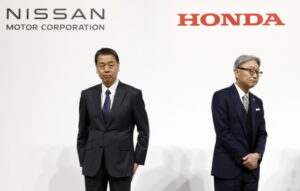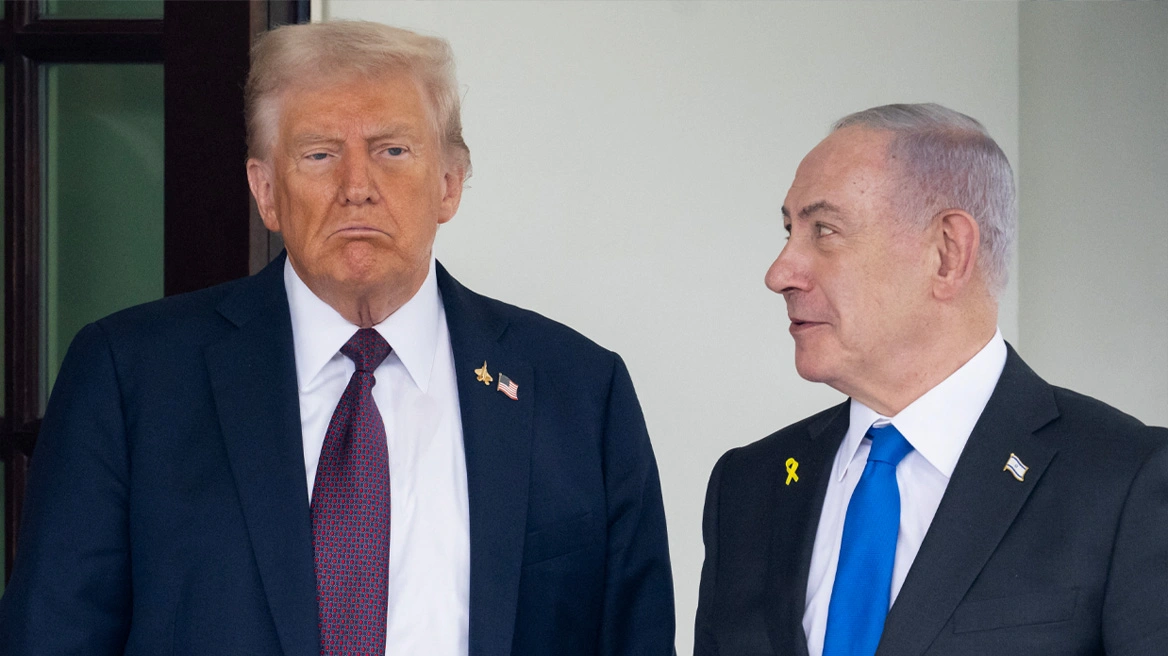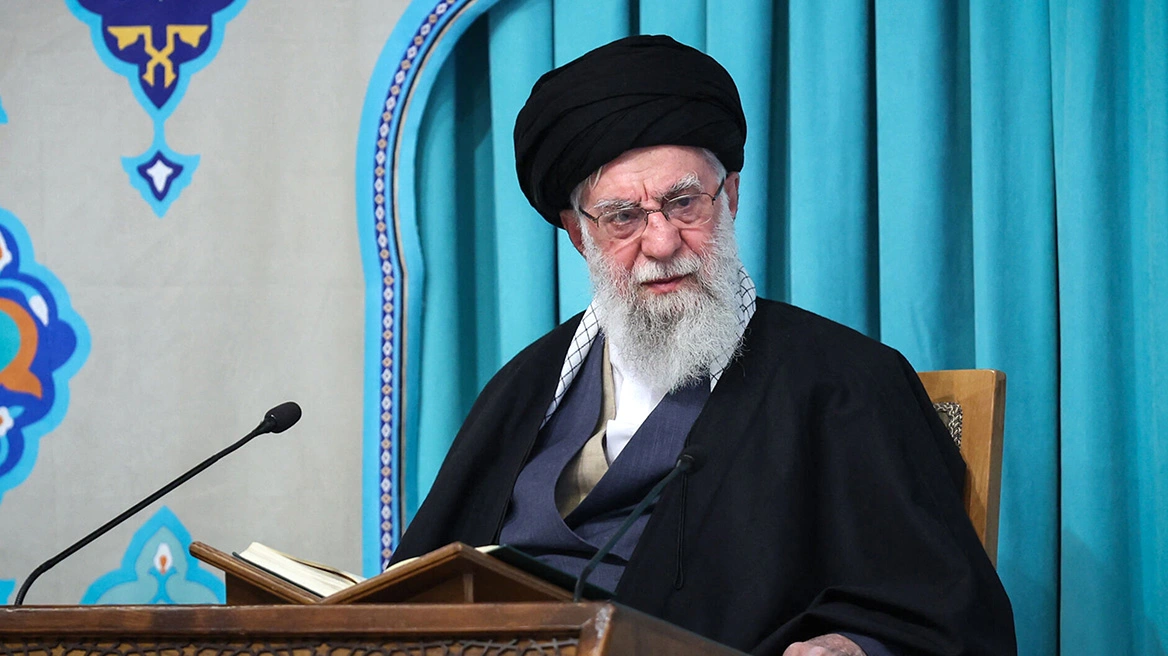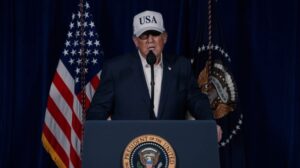Nissan faced significant challenges in late 2024, but merger talks with Honda, a $60 billion deal that would have created one of the world‘s largest automakers, collapsed in little more than a month.
According to Reuters, citing people with knowledge of the matter, the talks stalled because of Nissan’s pride and insufficient concern about its predicament, as well as Honda’s sudden decision to revise the terms and propose that Nissan become its subsidiary.
As the report notes, Nissan, which for years until 2020 was Japan’s second-largest automaker after Toyota, insisted on receiving nearly equal treatment in the talks despite its weaker position.
Honda pressed Nissan to make deeper cuts in its workforce and factory capacity, but Nissan was unwilling to consider closing plants. Three of the sources said they were left with the impression that Nissan felt it could recover on its own despite its growing difficulties.
That intransigence, combined with what Honda management saw as slow decision-making by Nissan, helped torpedo a deal that would have created one of the world’s largest automakers, the Reuters sources said.
Nissan Chief Executive Makoto Uchida visited his counterpart Toshihiro Mibe last week to say he wanted to end discussions after Honda’s proposal for the subsidiary. Both automakers said they would provide an update this month.
But a little too late
Nissan surprised investors in November when it cut its profit forecast by 70% due to worsening sales in China and the United States. It announced a recovery plan that included cutting 9,000 jobs and a fifth of global capacity, which some analysts viewed as too little, too late.
Uchida promised to halve his salary and said he was focused on making the business leaner and more resilient.
In December, Nissan and Honda announced plans to merge, an outgrowth of talks since March 2024, when they said they wanted to collaborate on technology. But the merger talks quickly hit a wall over the calculation of the combined company’s share ratio.
Privately, Uchida expressed doubts about the prospects of the deal, a source said. Honda directors complained that Nissan’s decision-making was too slow, according to other sources. A public briefing on the talks was originally set for late January before being postponed until mid-February.
Honda executives felt that Nissan’s recovery strategy lacked detail and were disappointed by what they saw as an inadequate reduction in factory capacity, two sources said.
Reuters could not determine whether Honda called for a specific number of job cuts or identified specific plants for capacity reduction. Nissan did not want to close the plants because that would force a write-down on paper and hurt its profits.
The job cuts already promised as part of Nissan’s consolidation plan amounted to 7% of its global workforce. It was telling, one person said, that Honda had cut more staff in China in the past two years.
Honda, for its part, appeared reluctant to back down on its plans, suggesting it did not consider Nissan an equal, a source told Reuters.
Visiting Kyushu
In late January, Nissan executive Hideyuki Sakamoto visited Japan’s southwestern island of Kyushu to announce plans for an EV battery manufacturing plant that would create 500 jobs.
Flanked by local politicians, Sakamoto said the automaker would not reduce capacity at its existing plant in Kyushu either. Kyushu was a “highly competitive base from a geopolitical point of view” and important for future EV plans, he said.
The day after Sakamoto’s visit to Kyushu, Honda’s Mibe told Uchida that Nissan should become a subsidiary of Honda, a condition that was not included in the original merger memorandum of understanding the two companies signed late last year, according to one person.
Reuters could not determine whether Mibe’s move was triggered by Nissan’s announcements in Kyushu. Nevertheless, the Kyushu trip crystallized tensions between the companies over the best way forward.
Kyushu was not the only plant Nissan considered untouchable. Smyrna in Tennessee, Aguascalientes in Mexico and Sunderland in Britain were considered critical to the company’s electric vehicle strategy, and the automaker did not want to close them or reduce their lines, a source said.
Honda’s abrupt change in the deal structure reflects its growing impatience with Nissan over the pace of negotiations, two people said.
Nissan was taken by surprise by the move as it was opposed to the previously agreed-upon memorandum, two of the people said. Inside Nissan, the proposal was seen as “outrageous” and an insult to the dignity of Nissan, the oldest carmaker, one person said.
Renault, Nissan’s largest shareholder, said that while it was not privy to the discussions, the latest information indicated that the transaction would result in a “takeover of Nissan by Honda without a control premium for Nissan shareholders”. Such an outcome was “unacceptable”, Renault said, adding that it would “vigorously defend” its interests.
It’s not clear what, if anything, could bring the automakers back to the negotiating table. It seems likely they will revert to their original agreement to work together on technology, three of the sources said.
Nissan is open to working with new partners, including Foxconn, Reuters reported. Foxconn did not respond to a request for comment. Foxconn Chairman Young Liu said on Wednesday that its goal is to work with Nissan, not to take it over.
So far, Japan’s government has given little indication of how it views the collapse of talks between Honda and Nissan, nor whether it would be open to a takeover of Nissan by Foxconn, which is also the top shareholder in consumer electronics company Sharp Corp.
Ask me anything
Explore related questions





